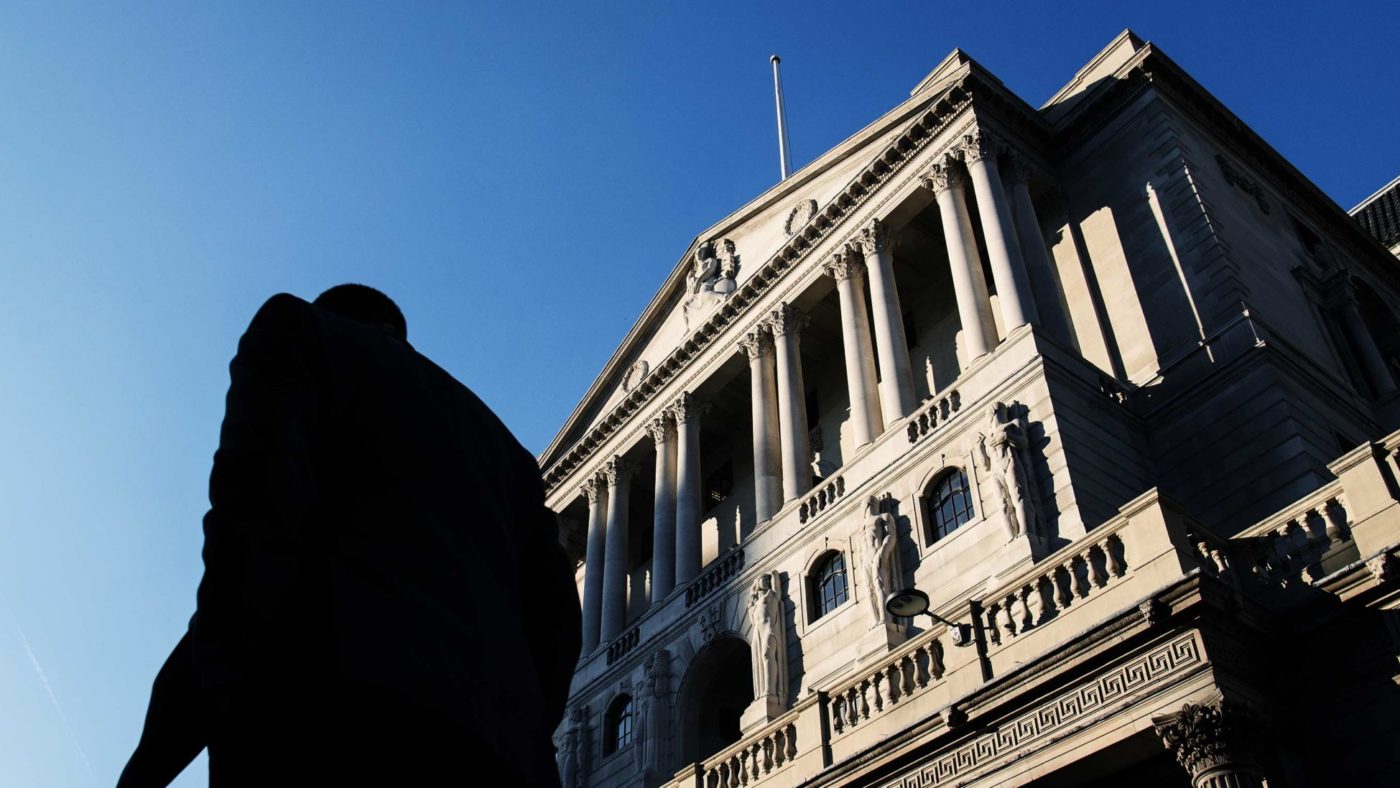The Bank of England is thinking about opening its doors to the public. A new digital or cryptocurrency, say Bank researchers and deputy governor Ben Broadbent, could be used to offer Bank of England accounts to everyone — currently it only holds accounts for other banks and a few financial institutions.
Such a system would enhance the power of interest rate changes, Bank staff say, and the fact other banks would lose some customers is a downside, but not a fatal one.
But a look at the Bank’s history suggests it would be a huge blunder. The working relationship between the Bank and private sector lenders depends on the Bank being aloof from the market in normal times. It stopped competing in the market for normal accounts and loans long ago and for good reasons — it reduced its ability to manage crises and nearly got itself replaced.
This happened when Peel’s famous Bank Charter Act of 1844 split the Bank into the issue department, which would manage the gold standard, and banking department, which was free to compete with other banks.
Relations between the Bank and other lenders soured rapidly. Its competitive lending activity fuelled the railway boom that went bust several years later. Bank officials deflected blame onto large lenders known as discount houses, which had also behaved badly, and eventually banned them from using its discount window, where it offered short-term loans.
Its reputation with the market remained poor for several decades, despite the fact the Bank reined in its lending shortly after the railway bust. As a result, the Bank was unable to coordinate an effective response to the crisis of 1866, one of the worst in British history, which was marked by the failure of the large discount house Overend, Gurney & Co, a failure so clumsy and catastrophic it had to wait nearly 150 years to be matched by RBS.
The Bank did not recover its stature until 1890, when its handling of the failure of Barings bank proved so astute as to avoid a wider panic, establishing it as undisputed guardian of the City. Barings’ had made the classic error of lending to Argentina and turned to the Bank for help. The governor of the Bank of England asked the chancellor for assistance, was turned down, and instead brought Barings’ rivals to the rescue.
This method of crisis management — cajoling bankers into playing nice for a short time — was used again in the 1973-5 banking crisis. It was forgotten in the 2007-8 crisis, by which time savvy central bankers, who understood it was a relationships business, had been replaced by uninspiring academic-types focused purely on economics. But the point is that it is hard to shepherd banks in a crisis if you ruin relations by competing openly with them.
The successful handling of Barings also put down talk of a new reserve bank, which would have been used by lenders to replace the main functions of the Bank of England and to create a new interest rate for them to peg to.
The Bank’s position as a banker’s bank and lender-of-last-resort make its base rate a natural choice when banks are looking for a peg for their own lending and deposit rates. There is no law in economics or statute that requires banks to follow base rate, they could peg to something else if they really wanted to. It was a 19th century agreement that went on for so long it became unquestioned tradition. Steal deposits from the high street banks and they might not follow you just to embarrass you.
A final point, which was not a problem in the 19th century but would be today, is that the Bank is the regulator and enforcer for many of the financial system’s new rules; is it wise for it to be both a player and the referee?
It is not just the Bank of England pondering crypto deposits, others like the European Central Bank are at it, too. They should spend less time on the crypto bandwagon and more time dusting off some of those old history books, or old mistakes will be repeated.


